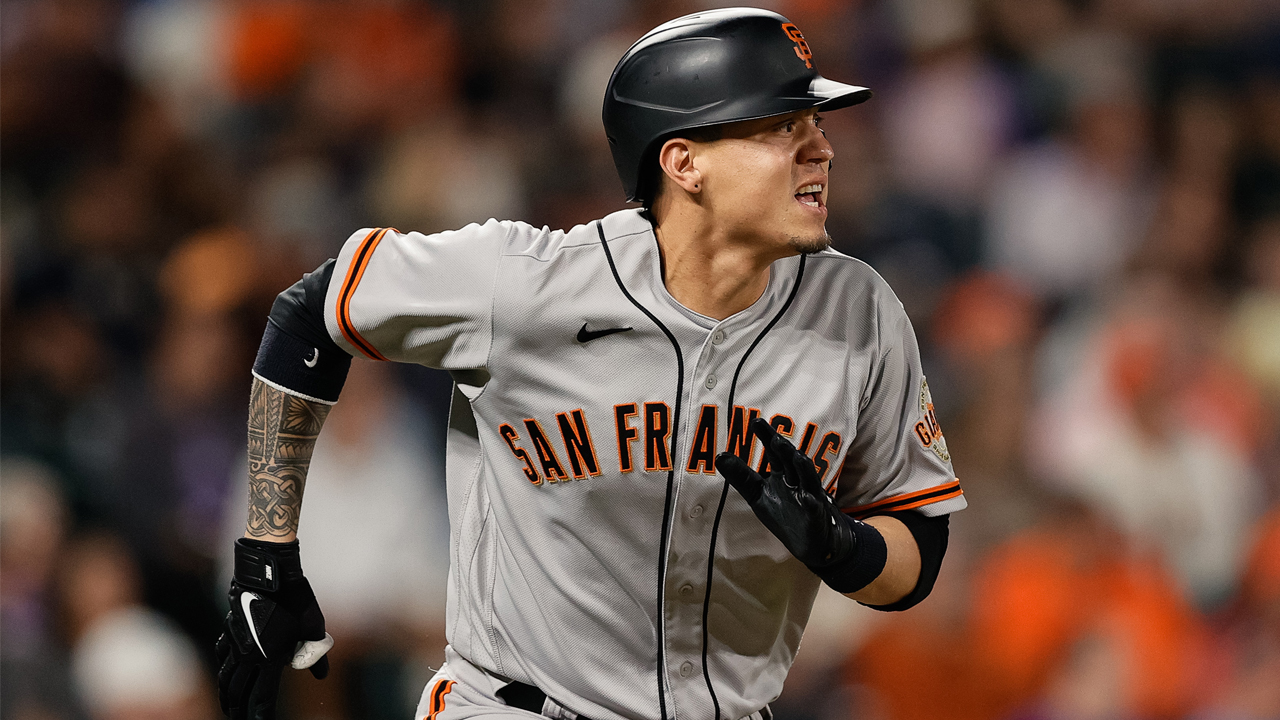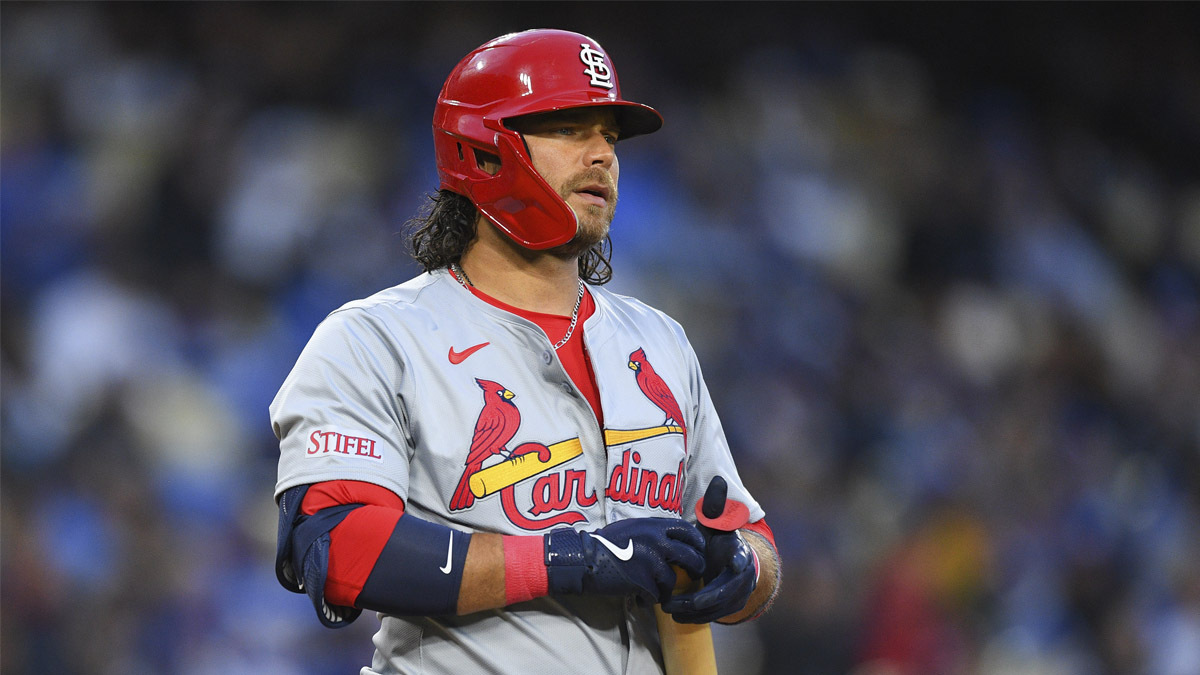The 2020 Operations Manual sent to MLB teams is 113 pages long and includes a sample questionnaire players will have to fill out about their symptoms and graphics on how cutoff drills should be handled in an age of social distancing. There are sections on testing protocols, the proper way to store batting practice baseballs, and visas for players coming from foreign countries.
The manual says teams can have mascots this season, but "under no circumstances are mascots permitted on the field of play." It encourages teams to book the lower floors of hotels on the road, not the suites and rooms with a view, so that players can use the stairs instead of elevators. It asks players to tip clubhouse employees through Venmo so cash is not exchanged.
The manual is extremely thorough and clear in most areas, and yet, as the Giants prepare to gather today at Oracle Park, they do so with the knowledge that the new protocols almost are certainly incomplete and flawed in many areas.
Stay in the game with the latest updates on your beloved Bay Area and California sports teams! Sign up here for our All Access Daily newsletter.
"I think one of the challenges, not just for us interpreting this stuff but for MLB and the Players Association, is that all of this planning has really been kind of done in abstract," president of baseball operations Farhan Zaidi said earlier this week. "To be honest, I think we're all going to have to be willing and able to adjust on the fly. Once teams and travel parties start moving around the country and going on these trips, we may find certain areas that we really need to tighten up."
[GIANTS INSIDER PODCAST: Listen to the latest episode]
That process already has taken place to an extent. The original safety proposal by MLB in mid-May just was 67 pages and many league employees were shocked to find how much was lacking. There was no guidance in that initial document about what a team should do if a player started showing symptoms of COVID-19 during a flight. There was very little information about road trips, which loom as one of the greatest threats to this season.
A month later, there are more details. But teams are still finding gaps and attempting to adjust health and safety protocols on the fly.
"Certainly everything we've thought of and everybody involved has thought of, there's been an attempt to cover," Zaidi said. "I think as much as anything, the biggest concern is the unknown. Hopefully we can make adjustments quickly as we think there are areas of exposure."
Exposure might end up being the most important word in the 2020 pennant race. The Giants are trying to limit it, from testing to workouts to day-to-day life. Players and staffers who reported for antibody testing this week were given specific times to show up and reported in groups of four, and they were spread out even as they waited. The Giants will work out at Oracle Park in three different groups throughout the day, with the staff being given breaks when possible.
Zaidi and manager Gabe Kapler have talked of ordering heat lamps that can be positioned in outside areas to encourage players to eat their meals away from the indoor clubhouse as often as possible. In the past players might gather around a TV or iPad to look at the specifics of a drill, but those now could be shown on the $10 million scoreboard. Team meetings used to be held by having dozens of players and coaches pull chairs into the center of the clubhouse. Now, they will gather outdoors or on Zoom.
More ideas will come from the first few days together. In recent days, the Giants have scrambled to complete previous projects. They have been getting both clubhouses ready, and that massive responsibility largely falls on clubhouse staffers and trainers, many of whom are barely sleeping this week.
San Francisco Giants
Because the Giants broke camp in March and spread out across the country, they had to get more than 60 players and coaches to San Francisco in just a few days, and that brings additional concerns. Many of the team's veterans live in the Phoenix area, where there has been an outbreak of the coronavirus in recent weeks. The second-most popular area for players is South Florida, another region with an outbreak.
All of these players took part in intake screening this week, getting a blood test for antibodies and a saliva test to see if they currently have the coronavirus. During summer camp and the regular season everyone will have their temperature tested twice per day and will be tested for the virus at least every other day. About once a month, players, coaches and staffers will take another antibody test, regardless of how they've been feeling.
This will all become part of the daily routine for baseball players in 2020, as normal as throwing a bullpen session or getting treatment on a tight hamstring. What will be new is the level of trust teams are asking for off the field.
As much as the 2020 season might boil down to simple luck in terms of who gets COVID-19 and who doesn't, the Giants also are planning to harp on the fact that the best teams might be the ones who act most responsibly. A positive test result could keep a player out for three or four weeks, which makes it crucial to stay at home as much as possible, wear masks, practice good hygiene, and avoid people who are not going through the same daily routine. That message already has been passed along to players.
During the season, players and coaches will be asked to forego what has become their norm. Don't go out to get a drink after a game when the Giants visit the Astros this season. Don't go for a group meal in the Gaslamp District after a game in San Diego. Avoid your favorite breakfast spot when the team visits Denver.
[RELATED: Highest-paid Giant in 2020 won't even play for team]
MLB has not publicly set a fixed threshold of positive tests that would result in play being deemed unsafe, but it's easy to see how a few positives could derail a season. As he prepared to address a team he hasn't seen since March, Kapler noted that all teams are in "uncharted waters" but that the Giants would have clear intentions to "adhere to the protocols Major League Baseball has put in place."
That's all the Giants can do right now. The rest, they hope to figure out as they go.
"We really don't know what can happen over the course of the next two weeks," Kapler said. "I think COVID has shown us that we need to be prepared for anything."


